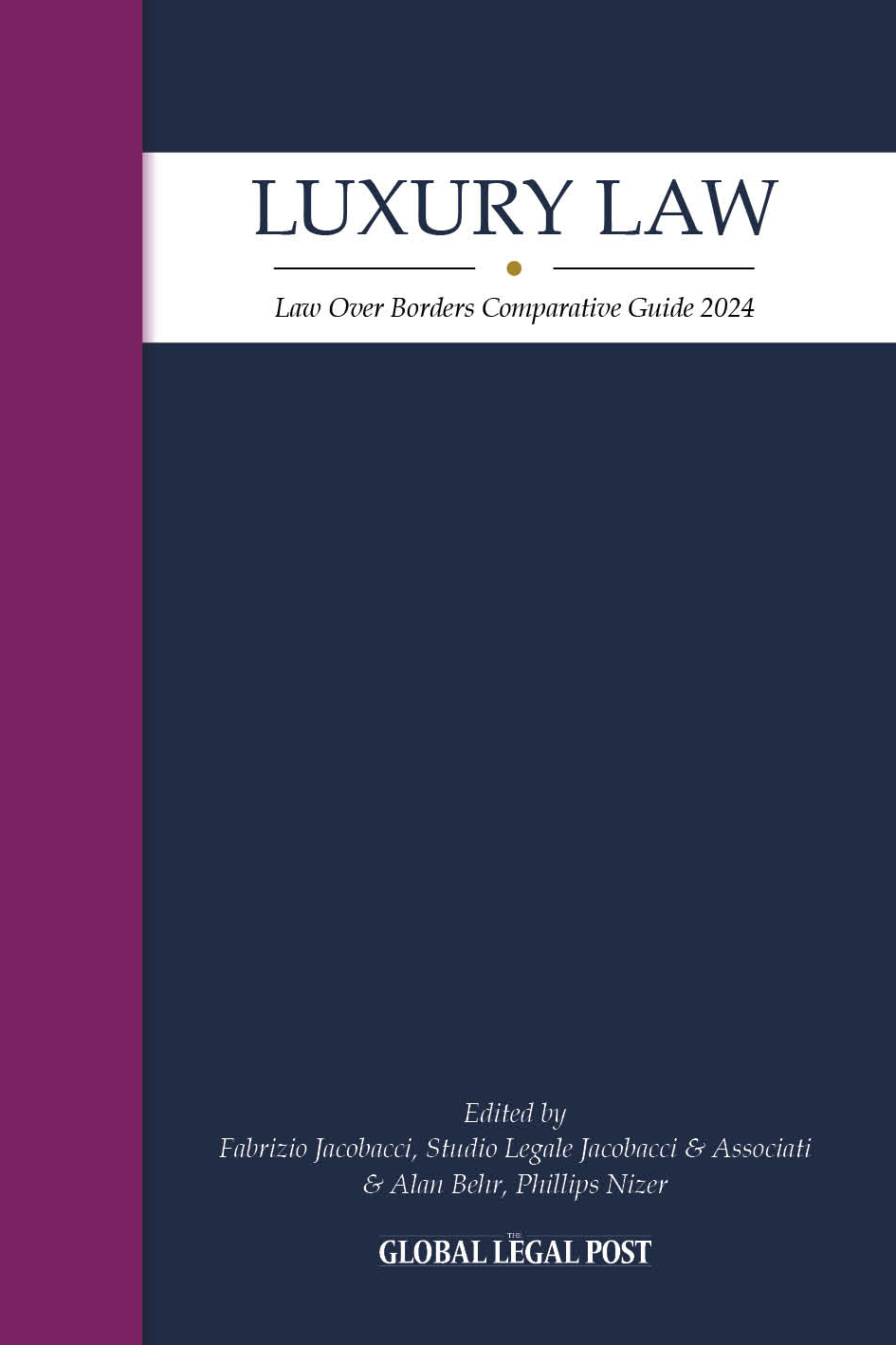Sign up for our free daily newsletter
YOUR PRIVACY - PLEASE READ CAREFULLY DATA PROTECTION STATEMENT
Below we explain how we will communicate with you. We set out how we use your data in our Privacy Policy.
Global City Media, and its associated brands will use the lawful basis of legitimate interests to use
the
contact details you have supplied to contact you regarding our publications, events, training,
reader
research, and other relevant information. We will always give you the option to opt out of our
marketing.
By clicking submit, you confirm that you understand and accept the Terms & Conditions and Privacy Policy
A new whitepaper aims to identify improper practices and instances of brands making misleading claims through the use of trademarks in India and help regulate the practice.
Published by the Advertising Standards Council of India (ASCI) and Indian IP law firm K&S Partners, “Misleading Advertisements and Trademarks – A Registration Conundrum,” explains that businesses often register misleading or even deceptive descriptive terms and slogans as trademarks in the country. The practice ends up misleading consumers.
Prashant Gupta, Partner, K&S Partners, and the primary author of the whitepaper said: “The issue concerning false, unsubstantiated, and dishonest advertisements, under the guise of descriptive or laudatory trademarks, is grave. Protecting consumers from deception is one of the principal tenets of the ASCI Code, the Trade Marks Act, and the Consumer Protection Act. The Trademark Office needs to raise the threshold for descriptive or laudatory trademarks, failing which, protecting consumers’ rights from fraudulent marks and making informed choices would be severely compromised.”
In India, brands and advertisers often cite trademark registrations as a defence, despite the fact that various words or phrases mislead consumers. According to the whitepaper, these defences are not valid, as making misleading representations violates the ASCI code, the Consumer Protection Act, and the Trade Marks Act. The paper calls for greater scrutiny and restraint in permitting descriptive trademarks to brands, and to ensure that these trademarks are not a false representation of the product.
Manisha Kapoor, CEO and Secretary General, ASCI, said: “At ASCI we see cases where the advertiser uses a trademark registration to defend their direct or implied claims, asserting that a trademark registration means that the claim is good in law. This is not true, and we would ask brands to be cautious in using untrue, exaggerated or misleading phrases to describe their products, whether trademarks or not.”
The ASCI was established in the mid-1980s as a nonprofit, self-regulating body under the Indian Companies Act with the purpose of inter-alia monitoring, administering and promoting standards of advertising with a view to safeguarding consumer interests in India. While ensuring competitive fairness, ASCI seeks to ensure that commercials and product claims conform to its Code of Self Regulation “The ASCI Code”, which requires advertisements to be truthful and honest, decent, safe and fair.
A complimentary copy of the whitepaper is available here.
Email your news and story ideas to: [email protected]




